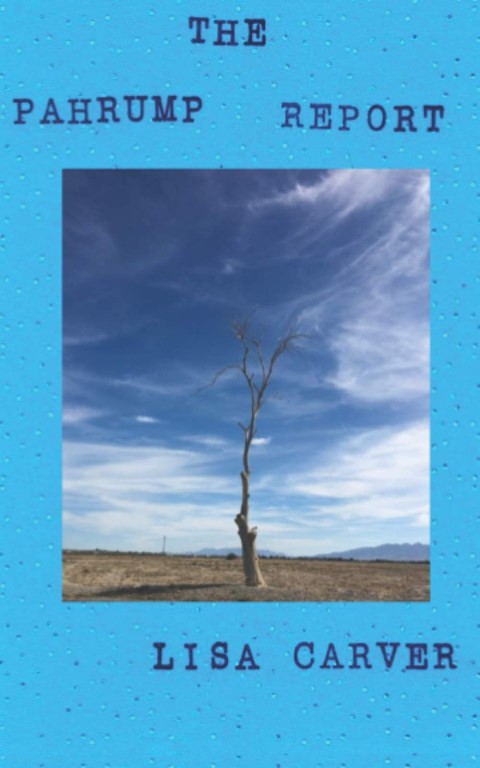From a groundbreaking work of trans fiction to a languid account of love in 1970s Melbourne, Holly Connolly shares a list of books to keep you entertained over the next few weeks
If I Survive You by Jonathan Escoffery
There is a lot of early hype around Jonathan Escoffery’s debut, already published in the US and out in the UK in early January, and with good reason. Perched between short story collection and novel, If I Survive You centres around a Jamaican family who, like Escoffery’s own family, relocate to Miami in the mid-1970s. Flitting between perspectives, the stories in If I Survive You make up a fascinating study of ‘identity’ both as it’s constructed and enforced in wider society, and within the family itself.
Escoffery is particularly good on the gulf that can emerge between generations split across cultures; what it means to be the one who ‘assimilates’, and the gatekeeping that can play out on both sides. In an interview with The New York Times, Escoffery spoke of the contradictions of his parents’ generation – “Simultaneously wanting you to be Jamaican and also telling you you’re not Jamaican. It’s this odd kind of unwinnable dynamic, where they want you to have pride in your Jamaican heritage, but they also want to be the ones who are safeguarding Jamaican heritage from you.”
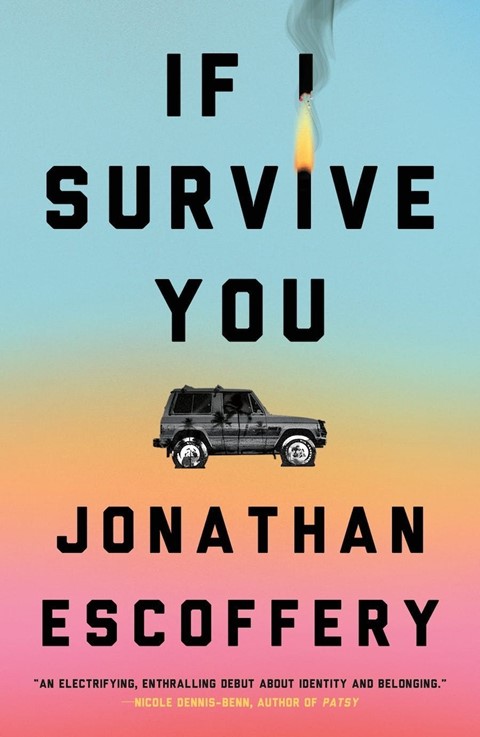
Nevada by Imogen Binnie
First published in the US in 2013, and released for the first time in the UK this year by Picador, Imogen Binnie’s debut Nevada is widely considered to have broken new ground for trans fiction. “Nevada changed the world,” reads the sleeve burb by the seminal writer and activist Sarah Schulman. Torrey Peters, author of 2021’s Detransition Baby, credits it with “making me the writer I am”.
This spiky, funny and exceptionally smart novel follows 29-year-old Maria Griffiths as she steals her newly-ex girlfriend’s car in the aftermath of their long overdue breakup, stocks up on heroin and heads for Nevada. Binnie’s refusal to dumb down or to seek “validation from cis people” means she is able to capture the messiness and contradictions of gender and transitioning. Sidestepping easy resolutions, as much as Nevada is a novel about living as a trans woman, it is also a novel about failure; which always makes for a better story than success.
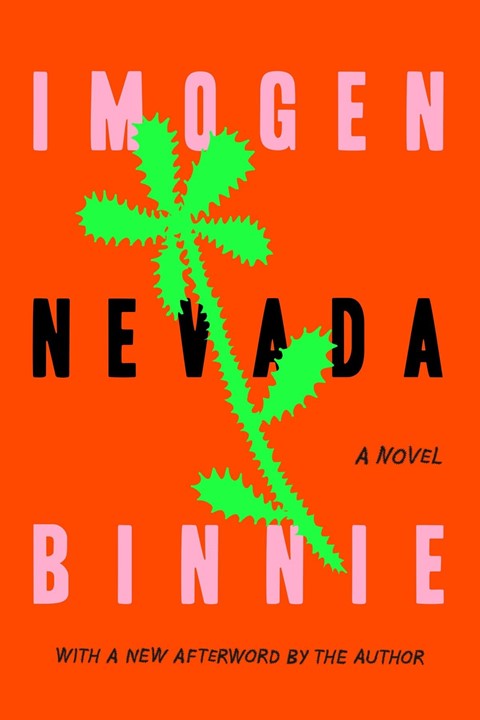
Still Born by Guadalupe Nettel
If you’re likely to be subjected to somebody asking when you’ll be giving them grandchildren this Christmas, Guadalupe Nettel’s Still Born, translated by Rosalind Harvey, is for you. It follows Laura and Alina, two friends who share an adamant conviction that they will never have children, until the advent of their mid-thirties starts to split the two; Laura decides to get sterilised, and Alina becomes fixated on getting pregnant. When she eventually does, her initial elation is quickly tempered by severe early-stage complications, meanwhile, Laura increasingly finds herself caring for her neighbour’s son.
I didn’t love the ending of this book – in a way I felt disappointed by it – but I always appreciate a novel that I can feel in dialogue with. As Nettel said in her interview with AnOther: “It is not the place of literature to provide answers but to ask the right questions and to invite readers to reflect.” On the horizon from Fitzcarraldo, I’m also excited about Polly Barton’s Porn, An Oral History.
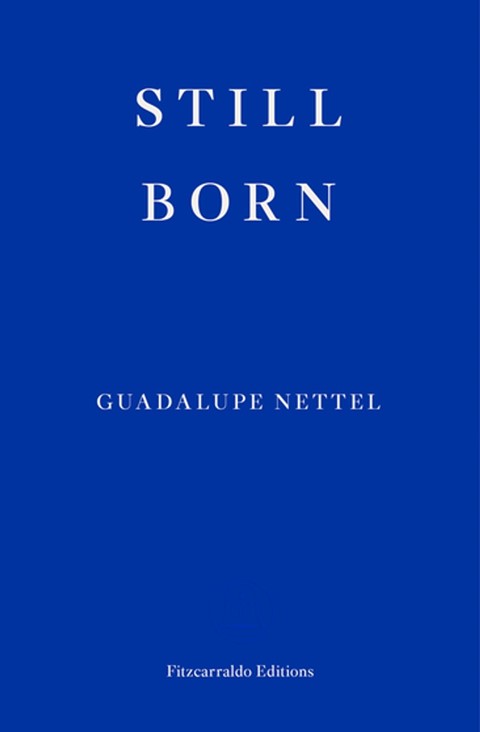
Erasure by Percival Everett
A biting satire that’s as relevant today as when it was released in 2001, Percival Everett’s novel Erasure is dizzyingly smart, its could-be-intimidating framework of references and allusions offset by just how funny a book it is.
Thelonious “Monk” Ellison is an African-American writer and lecturer who has consistently struggled to achieve mainstream success because his work, as his agent explains, is considered “not Black enough”. Incensed by a landscape in which Juanita Mae Jenkins’ We’s Lives In Da Ghetto is a national bestseller, Ellison sets out to write a satirical novel, Ma Pafology, which is published in full within Erasure. An exploration of the way that writers can often be pigeonholed by their identities, this is a send-up of the publishing industry’s tendency to try and echo the success of any hit book, sometimes with the effect that a genre becomes a parody of itself.
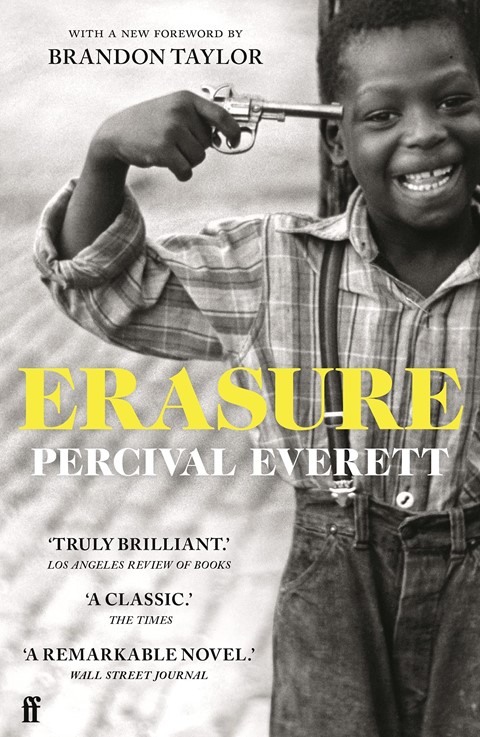
Kick The Latch by Kathryn Scanlan
Whose life is worth recording? It’s easy to make the case for celebrity memoirs, and accounts of notable figures who’ve led long, interesting lives (my favourites by far, and incidentally both incredible Christmas reads, are Anjelica Huston’s A Story Lately Told, and Watch Me). Most of us, though, will also be familiar with a certain kind of ‘normal’ person, perhaps a family friend, maybe a neighbour, who has lived a life which is extraordinary; who will tell story after story that makes you think, “God, this could be a book.”
Kathryn Scanlan’s forthcoming Kick The Latch, based on interviews she conducted with a horse trainer named Sonia, offers a way of storytelling ordinary life. Unfolding in short bursts over chapters rarely longer than two pages, Kick The Latch is told with an energy and mastery that brings to mind Lucia Berlin’s faultless short story My Jockey. In terms of both form and approach, it feels that Scanlan has been building towards this book – her 2019 debut Aug 9-Fog was pieced together from a diary she found at an estate sale, while 2020’s The Dominant Animal was almost an experiment in distilling the short story into its smallest possible fragments.
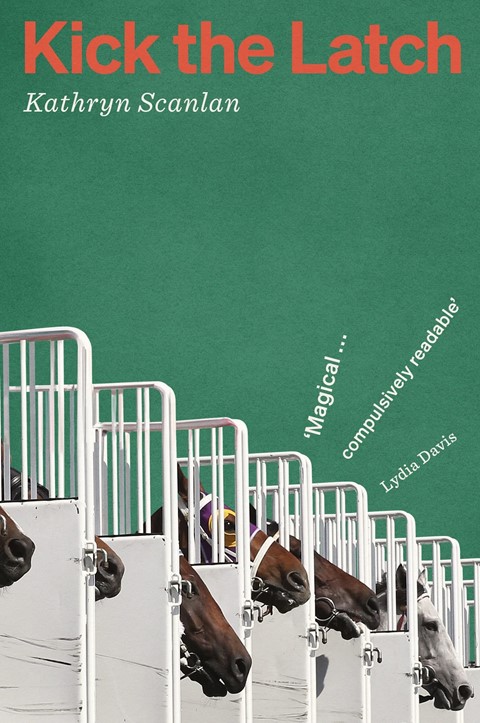
Monkey Grip by Helen Garner
In a recent Paris Review interview with Thessaly La Force, Helen Garner detailed the process of turning her diary into her debut novel Monkey Grip, first published in 1977. “Story is a chunk of life with a bend in it, and I could feel this one coming,” she said. “I decided to look back in the diary to the moment when I first fell in love with the guy. I skipped over all the boring stuff, and transcribed the interesting bits into another notebook.”
A languid, beautiful account of love, overlapping friendships and communal motherhood that plays out in a series of sprawling shared houses in 70s Melbourne, it is rare for a book to offer such total immersion in its world. (I never thought I would yearn to live in Australia.) I became so attached to Garner that I immediately bought How to End a Story: Diaries: 1995–1998, her raw, excellent account of the ending of her third marriage. Though her best-known 1984 work The Children’s Bach is probably technically her best novel, for me, it’s all about the diaries.
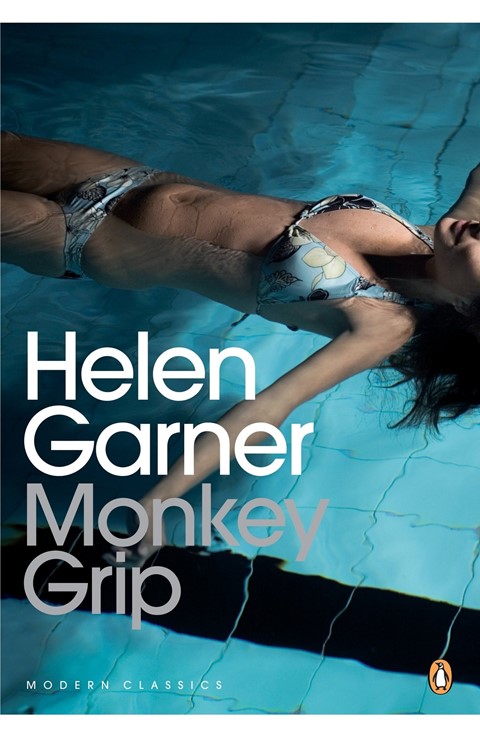
The Pahrump Report by Lisa Carver
A feminist icon of early internet writing whose sex diaries for the website Verve were an influence on Patricia Lockwood’s No One Is Talking About This, few can match Lisa Carver in immediacy, candidness or wit. Without doubt the funniest book I read this year, her self-published account of moving to the tiny desert town of Pahrump, Nevada, with her soon-to-be ex-husband – “Upon arrival, I discovered that my husband had taken up spitting … Back East this man had been a meterosexual” – began life as a monthly newsletter.
As much as this is a book about the breakdown of Carver’s marriage, it is also about America, and the idiosyncrasies of tiny, remote places. I’d recommend The Pahrump Report in particular to those who return from major cities to regional outposts for Christmas. (As someone who splits their time between London and a town on the coast of Ireland, lines like, “A French bakery opened up, idealistically,” resonated with me on a profound level.)
